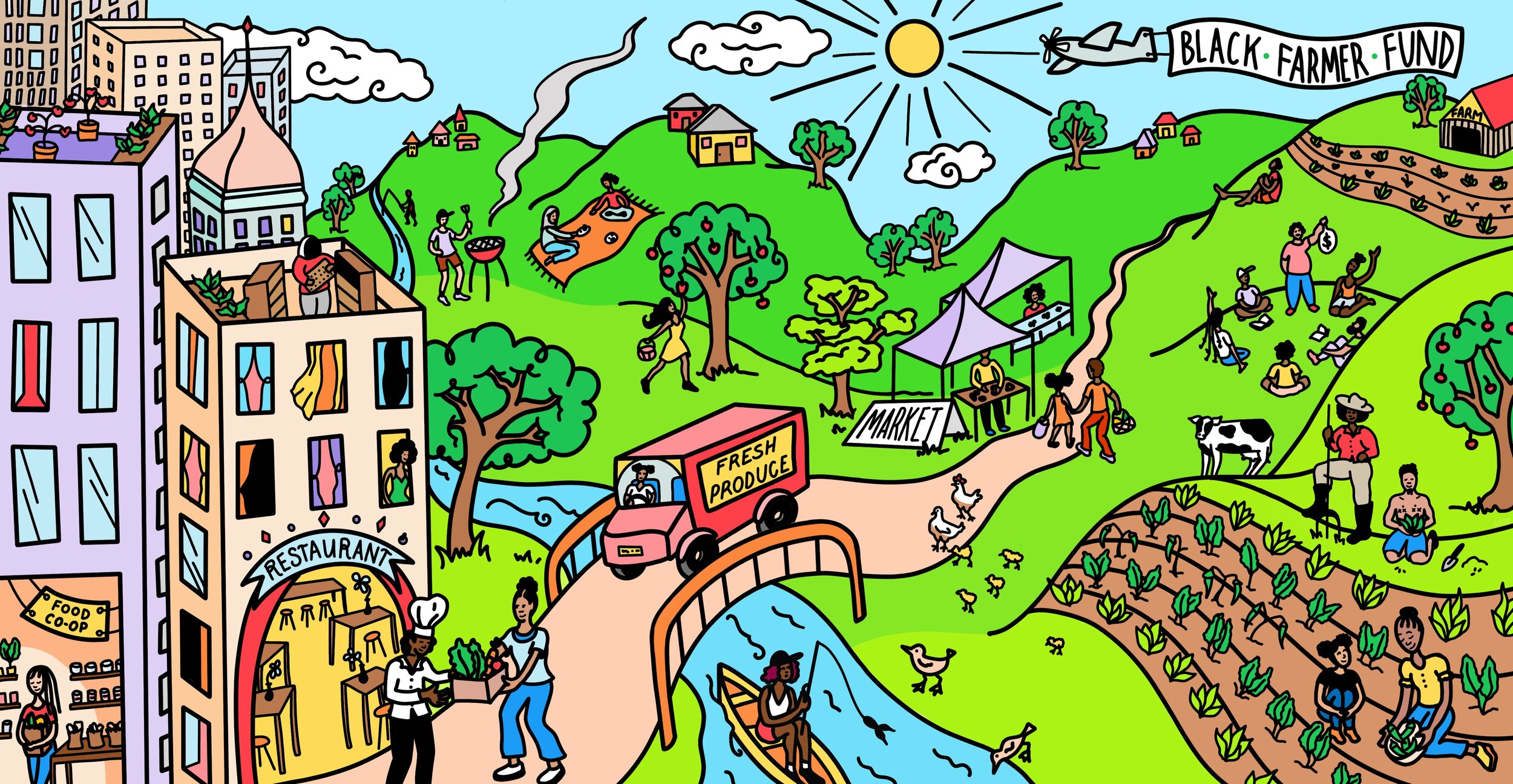Black Wall Street: The Forgotten Legacy
By: Paul Sawyer
Edited by: Onyx Ramírez
This blog post contains the personal opinions and reflections of the author and is not representative of the voice of the organization.
The term "Black Wall Street" was coined by Booker T. Washington during his travels through Tulsa, Oklahoma. This moniker, once a symbol of African-American ingenuity and economic empowerment, has since taken on a somber significance due to the tragic events of the Tulsa race massacre in 1921. The roots of this catastrophe are deeply intertwined with the thriving community of Greenwood, formerly known as the "Black Wall Street" district.
Greenwood, situated in Tulsa, Oklahoma, was a thriving hub of Black commerce and entrepreneurship in the early 1900s. But the gravity of its significance comes into sharper focus when we examine the devastating impact of the Tulsa race massacre. In 1921, a violent white mob descended upon the once-prosperous Greenwood community, leaving a trail of destruction in their wake. The once-thriving district, home to successful Black-owned businesses and a tight-knit community was reduced to ruins.
Amid this backdrop of turmoil, the resilience and determination of the Greenwood community shine even brighter. Before the tragedy struck, African Americans in the Tulsa region had managed to carve out a self-reliant society. They leveraged their earnings as domestic servants to establish their own businesses, acquire land, and foster educational institutions.
Greenwood boasted a vibrant array of enterprises, from pioneering grocery stores to bustling barbershops. Visionary doctors and real estate agents also laid down roots, contributing to the economic tapestry of the district.
Among the most remarkable aspects was the aviation sector, where Black entrepreneurs owned a notable portion of the aircraft in Tulsa. This example of ownership and achievement underscored the remarkable progress made by Black individuals in the face of racial discrimination and adversity.
Education stood at the forefront of this community's ambitions as well. Schools established by Black professionals symbolized a commitment to educational excellence and provided a space where Black children could thrive, learn, and grow. These schools, larger and better equipped than their segregated counterparts, showcased the resourcefulness and determination that characterized Greenwood's spirit.
When the devastating Tulsa race massacre occurred, it left behind a wake of destruction that transcended physical damage. Families were torn apart, lives were lost, and a once-thriving community was shattered. Descendants and survivors of those affected by the massacre continue to seek justice, including financial reparations, to address the profound losses they endured.
It's crucial to remember the legacy of Greenwood and the Black Wall Street district, acknowledging the indomitable spirit of Black entrepreneurs and the devastating impact of racial violence.
One concrete way to make a meaningful difference is by supporting initiatives like the Black Farmer Fund. By contributing to this fund, you are upholding the legacy of self-sufficiency and economic empowerment that characterized Black Wall Street.
Your support can help contemporary Black entrepreneurs access the resources they need to thrive, just as their predecessors did in the face of adversity. In this way, you are honoring history and making a tangible investment in a more just and equitable future.


